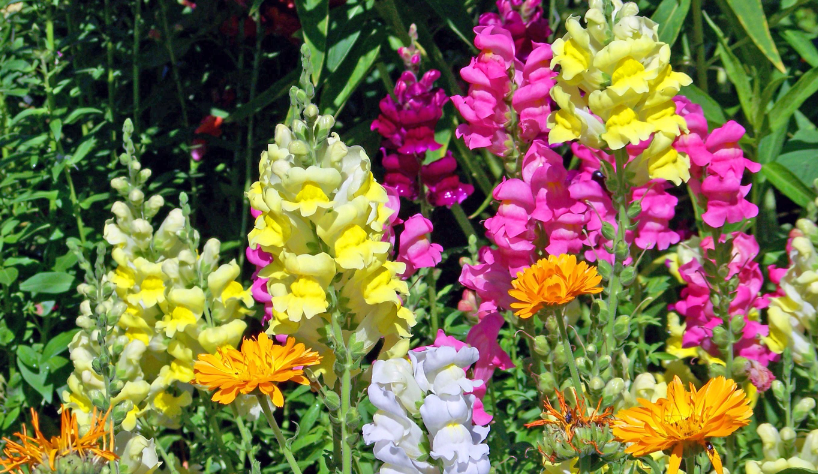After a mixture of weather conditions with some dry sunny days, we may start to experience cooler nights with overnight dew, signalling the time to prepare the garden for the next season’s planting.
If it is dry keep watering to make the most of the late summer crops to help supplement the weekly shop.
Once crops have finished producing it’s time to remove spent plants and replenish the soil with a mixture of blood and bone, sheep pellets and a good general garden fertiliser. Dig well into the soil and water in then you are ready to start planting out your new seedlings.
Just a note: If you collect your own seeds for later propagation, now is the time to do this before composting.
Any old plants pulled out can be cut up and added to the compost bin.
While any garden areas are empty take time to top up garden beds, replenish the soil with a new layer of compost, blood and bone and sheep pellets.
Plant Now: Leafy Greens: leeks, carrots, silver beet, spinach, celery, winter lettuce.
Salad crops: lettuce, rocket, mesclun blends.
Brassicas: broccoli, cauliflower, kale (cavalo nero and curly kale).
Herbs: mizuna, parsley, coriander, chives and chervil.

Protect all new seedlings from snail and slugs with a slug bait. If possible, cover your brassicas with mesh to protect from the white butterfly.
It is also time to replenish the soil in your flower gardens with compost, blood and bone and sheep pellets. Top up the mulch too, great for not only keeping weeds at bay but also to help plants with warmth over the cooler months.
Continue to plant your favourite winter flowering seedlings, pansy, viola, primula, polyanthus, calendula, cineraria, lobelia, poppies, alyssum, stock and snapdragon.
It is also time to plant spring flowering bulbs. Daffodils can be planted out from late February to the end of May. Early planting gets them off to a good start for better root development. Plant in full sun and well-drained soil. Anemones and Ranunculus are easy to grow, stagger planting for extended flowering season. Hyacinths are a beautiful addition to any garden. They are best planted out March/April in a cool spot. Protect all new plantings with slug and snail bait.
Citrus trees are heavy feeders so feed with a specific citrus feed. This ensures healthy green leaves and better growth, flowers and fruits.
Mulch around the roots to conserve moisture.
Continue to harvest apples, pears, grapes, peaches and plums if your lucky enough to still have fruit on the trees. Once stone fruit have finished prune to shape and remove dead or diseased branches.
Autumn is the ideal time to sow or repair your lawn. Now is a good time to fertilise your lawn to promote nice healthy growth.
Pull out any tired summer herbs and replant parsley, chives, rosemary and mint.
The compost will benefit from all the addition of the trimming and pruning of spent crops.
Happy gardening.
– Ngatea Garden Circle




